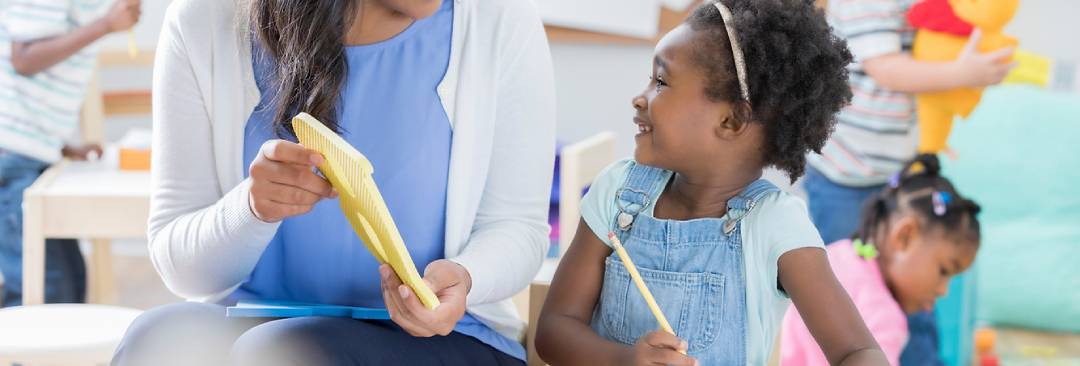Menu

Childcare workers must have completed 160 of work in a regulated children's education and care service in Australia as detailed in the Assessment Requirements of units of competency. The number of hours may be applied collectively across all units of competency that include the requirement for workplace hours.
No occupational licensing, certification or specific legislative requirements apply to this qualification at the time of publication.
Candidate who'd like to explore new opportunities or to advance their career can consider:
For information on the Certificate III in Early Childhood Education and Care and for the full list of units of competency, please visit training.gov.au
